This could be an incredible long post, but I think that I have to cut it up in pieces like: choosing the name (this of course would not apply to readers from eastern cultures that already have a name in Chinese characters), Choosing the older seal-script characters (That takes quite an explanation, I'll do that in another post), designing the stamp (that at lest does not need to much explanation here), cutting the stamp in stone or wood (or as I did for starters have it made in China or Japan if you for some reason are there), and last: how to use it (yes, I only really succeeded thanks to Youtube).
So all in all this will just be an introduction using two of my own stamps. You can see them used in a digital version on these images.
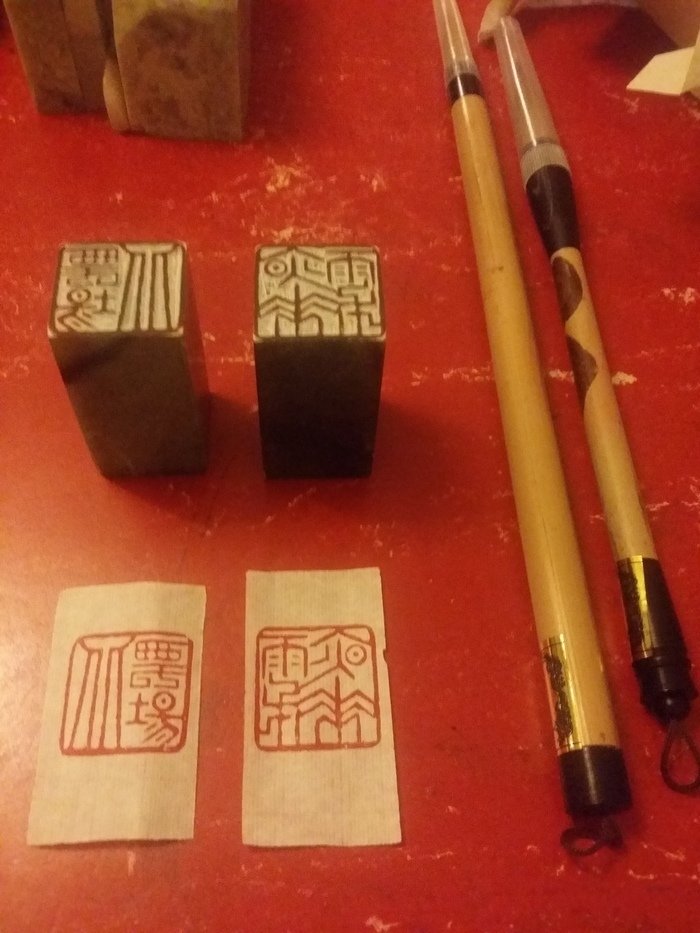
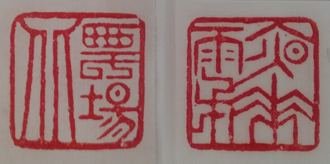
In December last year (as you can see from this post on my Diaspora-profile) my wife returned from China with a lot of stamps, amongst them two large ones that I had designed myself. They were cut in stone in a workshop in Beijing. (And as you can see she also bought me a lot of brushes for painting).
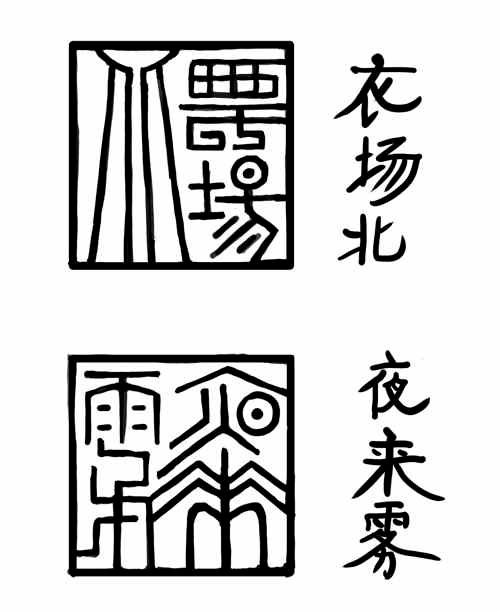
They were made from this sketch (drawn on my trusty Wacom tablet), and as you can see the crafty Chinese stone-cutters came rather close. To the left I have tried to write the modern Chinese characters to avoid misunderstandings, and because I at that time was not really sure that I had understood it all correctly. My wife told me that the Chinese lady that accompanied her and the stone-cutters had a long discussion in Chinese, involving looking this and that up in books, and at last they confirmed that the use of the ancient seal-script was correct. I am not sure they approved of the way I had chosen my name - but all this I will save for a later entry.
At this point you might want to ask if I speak Japanese or Chinese - and the answers is: close to nothing. What I do on the other hand know something about is drawing and painting. And as the characters used in these seal-stamps are what the Japanese calls Kanji which in turn is a slightly adapted version of the Chinese characters (that are a logograms), dealing with them is actually dealing with little images.
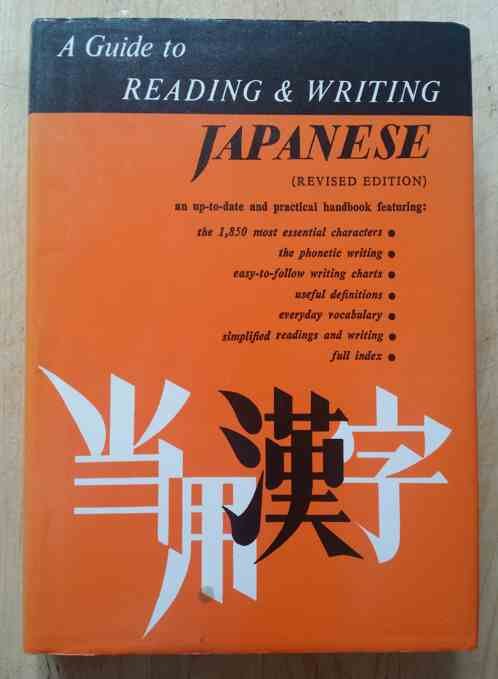
But of course: none of this would have been possible without a book I bought in Japan almost 20 years ago, and the internet.
Last I just want to show some of the tools for stone-cutting that my wife brought home with her (she is an artist and craftsman herself and loves to buy new tools).
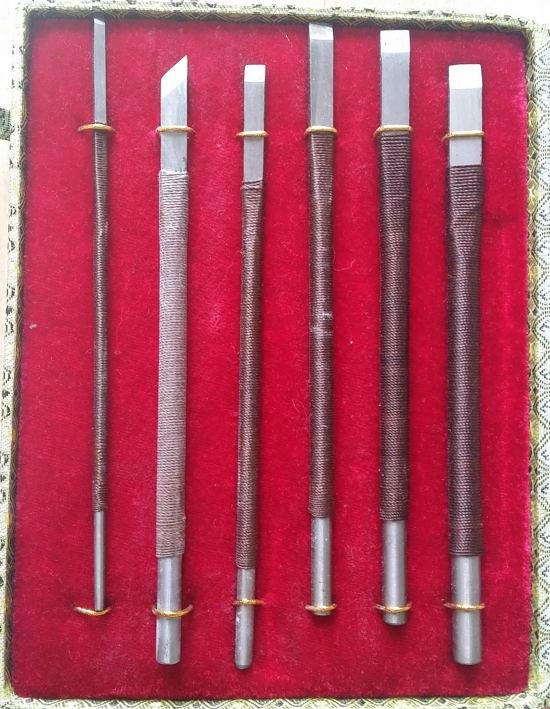
OK, that was all for now. I'll try to find some other calm Saturdays for continuing this stamp-project.
